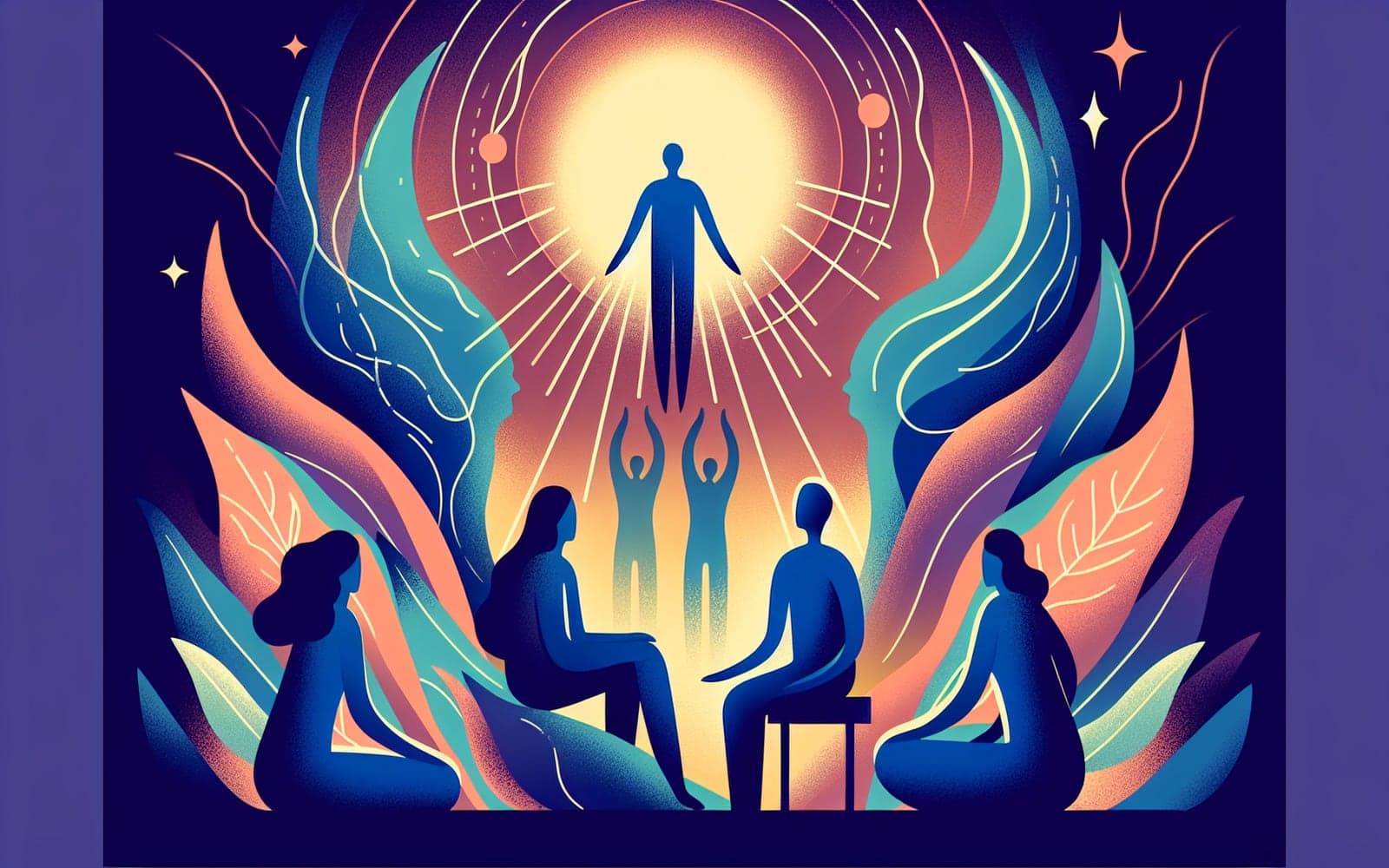Are Your Night Sweats Trying to Tell You Something?
Published: Aug 05, 2024
Waking up drenched in sweat can be more than just an annoyance. Night sweats may be your body's way of signaling an underlying health issue.
Contents
What Exactly Are Night Sweats?
Night sweats are episodes of excessive sweating that occur during sleep. They're more than just feeling hot at night - we're talking soaked pajamas and damp sheets. While an overheated room can cause mild sweating, true night sweats are often severe enough to wake you up and require changing your bedding.
Common Culprits Behind the Moisture
Many conditions can trigger night sweats. Infections like tuberculosis and HIV are known causes. Hormonal changes, especially during menopause, are another frequent trigger. Certain medications, particularly antidepressants, can also lead to night sweats. In some cases, cancers like lymphoma may be responsible.

When Should You Worry?
Occasional mild night sweats usually aren't cause for concern. However, frequent or severe episodes warrant a doctor's visit, especially if accompanied by fever, weight loss, or other symptoms. Drenching night sweats that persist for more than a few weeks should always be evaluated by a healthcare professional.
Frequently Asked Questions
Yes, anxiety and stress can trigger night sweats in some people.
No, while common in menopause, many other conditions can cause night sweats.
Studies show up to 41% of people report experiencing night sweats.
Spicy foods, alcohol, and caffeine may increase sweating in some individuals.
Key Takeaways
While often harmless, persistent night sweats shouldn't be ignored and may require medical evaluation to uncover any underlying causes.
Wondering if your night sweats are cause for concern? Chat with Doctronic, the AI doctor, to get personalized insights and advice.Related Articles
References
Mold JW, Mathew MK, Belgore S, DeHaven M. Prevalence of night sweats in primary care patients: an OKPRN and TAFP-Net collaborative study. J Fam Pract 2002; 51:452.
Arnardottir ES, Janson C, Bjornsdottir E, et al. Nocturnal sweating--a common symptom of obstructive sleep apnoea: the Icelandic sleep apnoea cohort. BMJ Open 2013; 3.
Always discuss health information with your healthcare provider.

